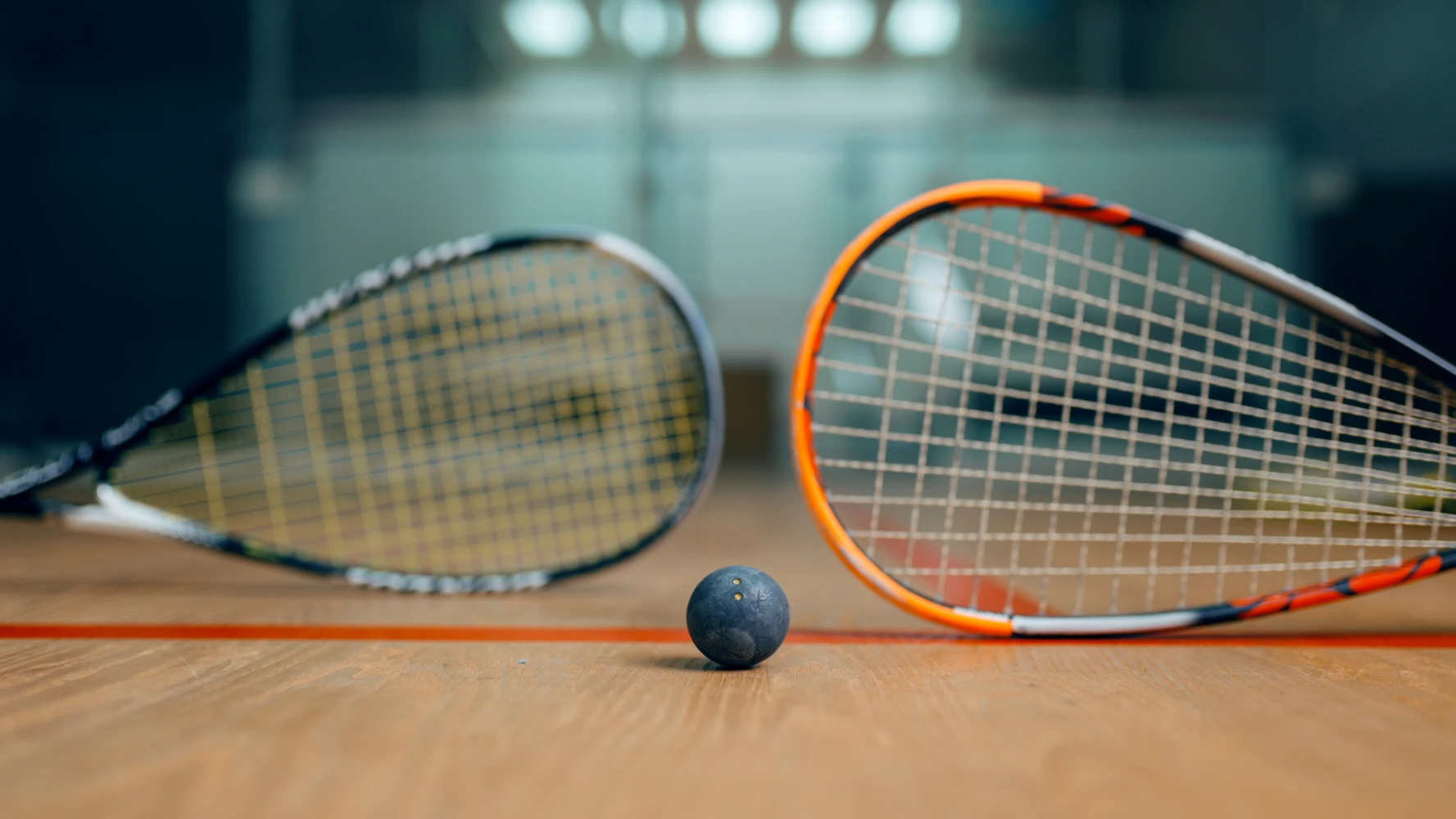Squash isn't just a sport of power and endurance; above all, tactics reign supreme! To dominate the court, it's not enough to hit hard or run fast. Tactical intelligence, positioning, and the ability to read your opponent's game are the true keys to victory. Here are the essential tactics to take control of the game and destabilize your opponent.
Controlling the "T": The Cornerstone of Your Strategy
In squash, there's a crucial zone on the court: the "T". It's the intersection of the central lines, in the middle of the court. Controlling this position is fundamental.
Why is the "T" vital?
- Dominant position: Being on the "T" offers you the best position to reach all of your opponent's shots and to prepare your next attack. You minimize your movements and maximize reaction time.
- Pressure on the opponent: When you control the "T", you force your opponent to make long back-and-forth movements, to hit under pressure, and often from uncomfortable positions, which tires them out faster and increases their chances of making mistakes.
How to conquer and hold it ?
To master the "T", you must return to it after every shot. Work on your shots so they are deep (along the walls or into the back corners) to send your opponent far from this central zone. Every time you hit the ball, your primary objective should be to return to the "T" quickly and efficiently.
Playing Deep: Tire Out and Open Up the Court
One of the most effective strategies is to exhaust your opponent by making them run the full length of the court.
Create Space with Long Balls
- Rails: Send the ball along the walls to the back of the court. This is a fundamental shot that forces your opponent to retreat. Well-executed, it's difficult to retrieve without leaving an opening.
- Deep cross-courts: Hit the ball diagonally so it bounces into the opposite back corner. This shot makes your opponent cover a large distance and moves them away from the "T".
Wear Down Your Opponent Physically and Mentally
The goal of these deep shots is to make your opponent work, to tire them out physically, but also mentally. A tired opponent will make more mistakes and have less energy to attack. These shots set up openings for your decisive attacks.
Varying Your Shots: Surprise Your Opponent
Predictability is the enemy in squash. To dominate, you must constantly vary your shots and trajectories.
Drops and Counter-Drops
- The drop shot: After sending your opponent to the back of the court, hit the ball softly so it lands just behind the front service line and takes two bounces. This is a devastating shot to bring your opponent forward and tire them out even more.
- The counter-drop: When your opponent hits a drop, return a drop shot yourself. It's a risky but very effective shot if well-executed.
Control the Match Pace
- The lob to slow down: Send the ball very high over your opponent, so it lands near the back wall. This allows you to gain time to return to the "T" or to push back an overly aggressive opponent on the attack.
- The volley to speed up: Hit the ball before it bounces on the floor. This is a quick shot that doesn't give your opponent time to return to the "T", increasing the pressure.
Reading the Game: Observation and Anticipation
Squash isn't just about speed; it's a sport where intelligence prevails.
Observe and Anticipate
- Analyze your opponent's habits: Observe how your opponent hits. This can give you clues about the ball's direction even before they hit it.
- Read the ball's trajectory: Anticipate the ball's trajectory and bounce based on the force and spin it has received. A good player is always moving before the ball hits the wall.
Adapt Your Strategy
Be ready to change tactics based on the score, your opponent's fatigue, and the effectiveness of your own shots. A good strategist is flexible and doesn't stubbornly stick to a tactic that isn't working.
In short, it's not enough to have good physical condition and technique to win a match; you also need to be smarter than your opponent! You'll need to be clever! Depth, varied play, anticipation, and good decision-making will be essential to improve your game.




Comments